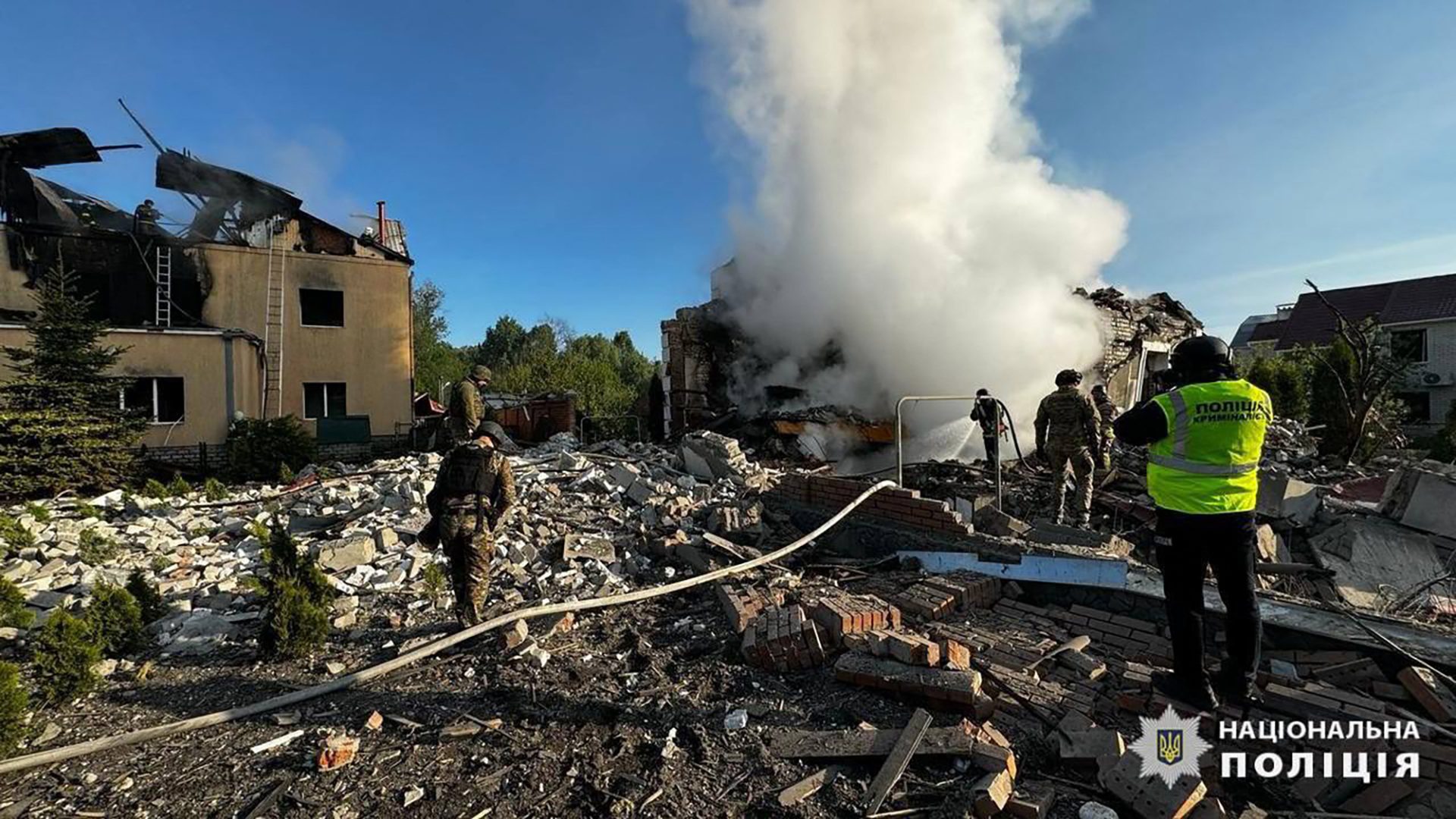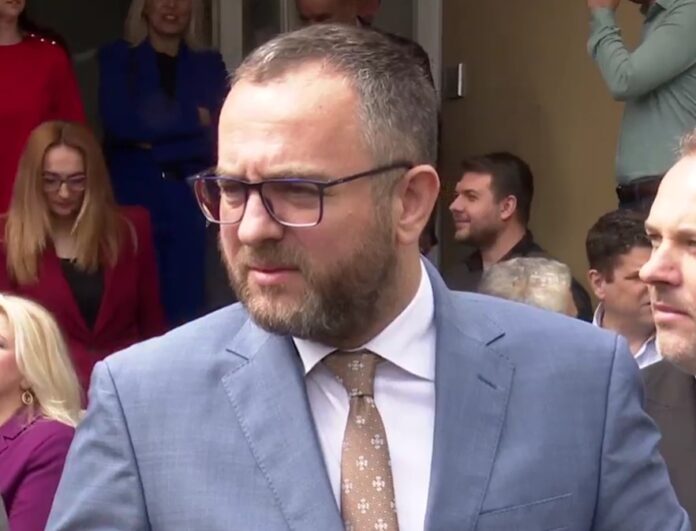Adolescence

A series is worth more than 50 lectures. The new Netflix series, adolescence, has the virtue of making known to parents the children who have at home and showing that it is not only social networks the causes of social disease that is spreading. Solitude, complexes, insecurity and futility are weeds that seem to contaminate this whole generation. Adolescence is not youth: a teenager yesterday was a child afraid of the dark and rides a bike, a young man already has a favorite cigarette mark and makes Mota horses. Innocence is not the same and what most impresses in the series is really age. The big problem of the boy in this series is that he is ugly and, as he is ugly, is complex and is unsuccessful with the girls. There is also no way for football, despite being a good student and intelligent, what makes him an insecure teenager and what he most aims is that they like him and admire him. Emotionally is fragile, porcelain. Their entertainment goes to wander through the streets and neighborhoods with friends, and certainly in the company of social networks. He knows all his colleagues, knows almost everything about each one, but does not speak with almost any. Lives the closed day to day and in the room growing alone, considering that emojis are not company for anyone.
At the beginning of the series there are few doubts of the innocence of the boy who is just a child who still pees in his pants, who is frightened and calls his parents to help him. With the evolving of events, the boy passes the teenager and without realizing we already consider him capable of the worst. Not that he is another, but because there is a whole dimension that is presented to us that does not fit at all to what we think is a 13 -year -old boy. A surprise to us, mere spectators, and for the boy’s parents. And it is this doubt of parents, beyond their impotence, which afflicts the most.
The series shows the reality of families: we are all close to each other and in the same house, we know the minute where each is, but we are not truly close to each other. We do not know each other, we do not create habits together and unintentionally let the daily dynamics cease to be dynamic. A child, a quiet teenager in a room for hours it means that she is immersed in the nets to envy, to compare, to wrap, covet. And is subject to more danger and to become dangerous than in any other situation. It has everything to go wrong. When there is no daily interaction, conversation, discussions, there are no conflicts, and when the boundaries are not reached in controlled environments, such as our home and with our tribe, it is outside of it and in a uncontrolled way that this experience is made. What is most impressive in the series is how insecurity and fragility are sources of anger and hatred and how the parents’ guilt is so overwhelming: they let their child grow away from them, like mogli only in a cyber jungle. The perfect atmosphere for the most fragile to become the most violent, for the sake of survival. But our teenagers are in the fourth side.






/s3/static.nrc.nl/images/gn4/data133354271-8dc659.jpg)
